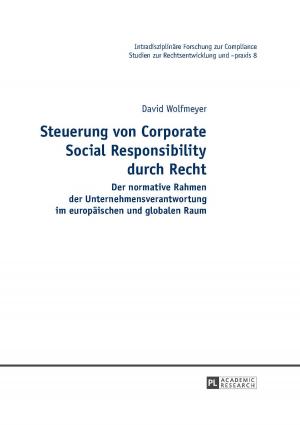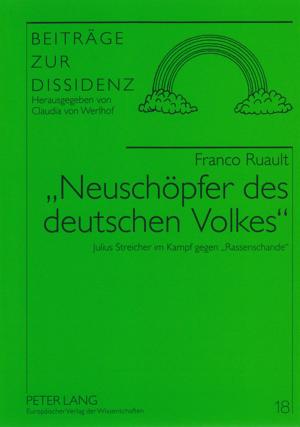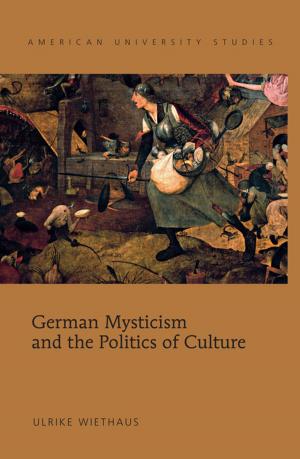Masculinities in American Western Films
A Hyper-Linear History
Nonfiction, Entertainment, Film, History & Criticism, Performing Arts| Author: | Emma Hamilton | ISBN: | 9781787070448 |
| Publisher: | Peter Lang | Publication: | August 31, 2016 |
| Imprint: | Peter Lang Ltd, International Academic Publishers | Language: | English |
| Author: | Emma Hamilton |
| ISBN: | 9781787070448 |
| Publisher: | Peter Lang |
| Publication: | August 31, 2016 |
| Imprint: | Peter Lang Ltd, International Academic Publishers |
| Language: | English |
The «Western» embodies many of the stereotypes of masculinity: rugged, independent men in cowboy hats roam the barren landscapes of the American West, resolving conflicts with guns and tough talk. Where did these cowboys come from? What historical trends led to their emergence on screen?
This book explores the relationship between the Western, film and historical representation and the ways in which masculine gender performance is itself historical. It posits a new interpretation of how history functions on film, termed hyper-linear history. Hyper-linear history creates the possibility of seeing film as a vehicle that makes the past immediately explicit and relevant, rendering historical understandings complex.
The study offers a fresh exploration of American Western films made in the 1950s and 1960s, arguing that many Westerns of this period rely on the post-Civil War on-screen past to make sense of the tumultuous experiences of the period, to various effect. The films especially tap into the ways in which national economic, political, technological and social changes impact the performance of hegemonic masculinities. These films provide insight into the ways in which masculinities are performed and gender crises are expressed, explored and resolved.
The «Western» embodies many of the stereotypes of masculinity: rugged, independent men in cowboy hats roam the barren landscapes of the American West, resolving conflicts with guns and tough talk. Where did these cowboys come from? What historical trends led to their emergence on screen?
This book explores the relationship between the Western, film and historical representation and the ways in which masculine gender performance is itself historical. It posits a new interpretation of how history functions on film, termed hyper-linear history. Hyper-linear history creates the possibility of seeing film as a vehicle that makes the past immediately explicit and relevant, rendering historical understandings complex.
The study offers a fresh exploration of American Western films made in the 1950s and 1960s, arguing that many Westerns of this period rely on the post-Civil War on-screen past to make sense of the tumultuous experiences of the period, to various effect. The films especially tap into the ways in which national economic, political, technological and social changes impact the performance of hegemonic masculinities. These films provide insight into the ways in which masculinities are performed and gender crises are expressed, explored and resolved.















